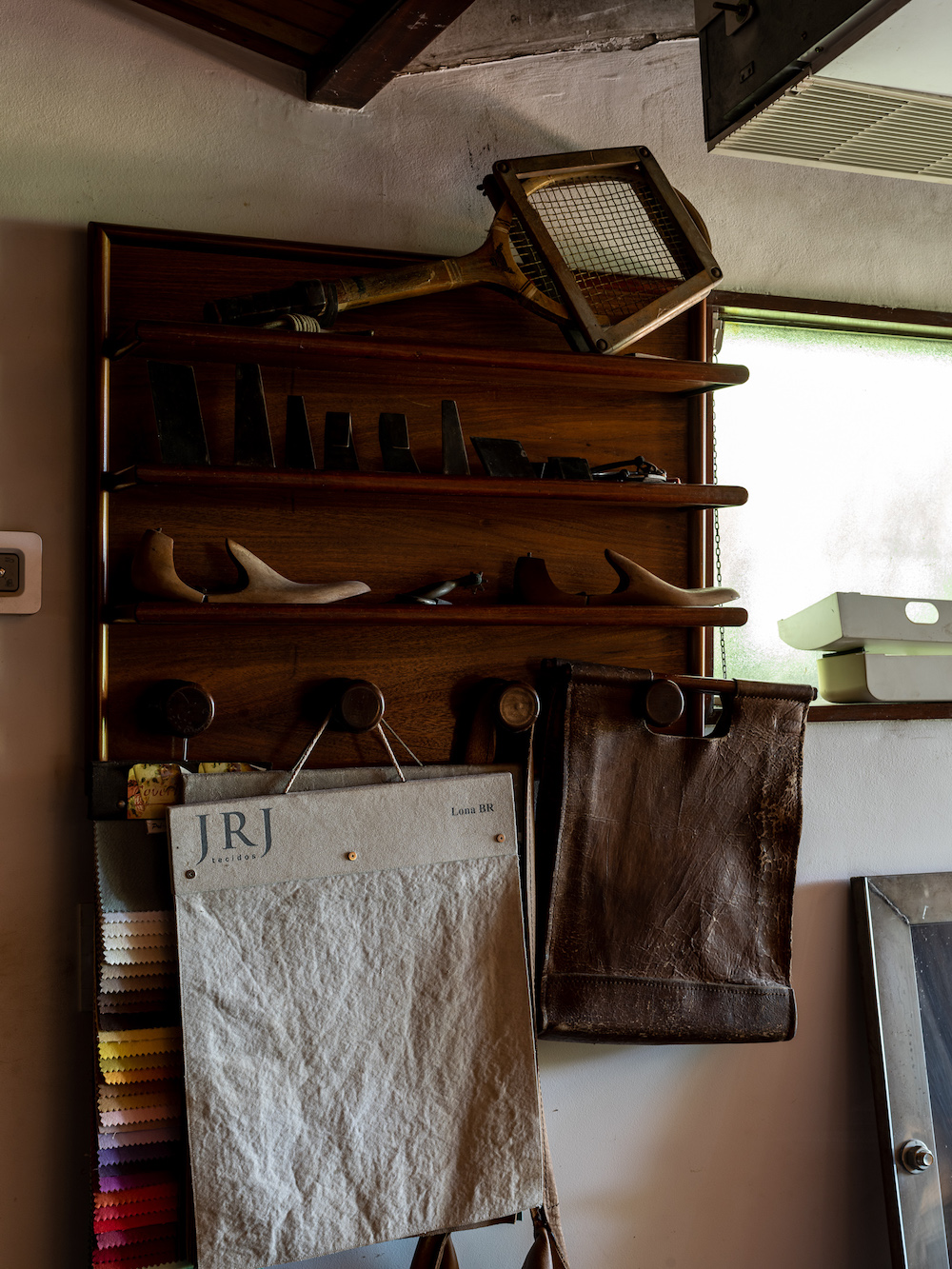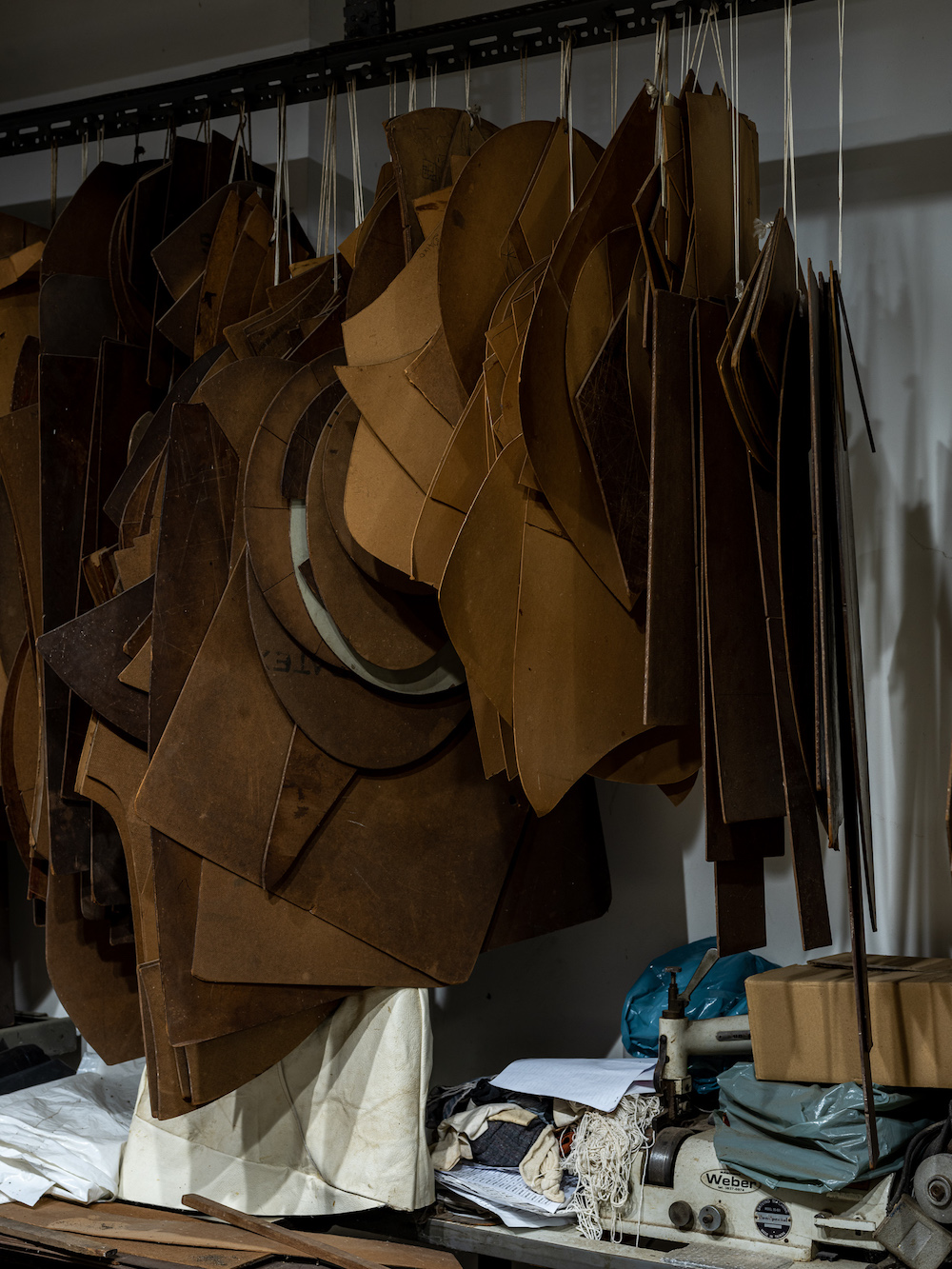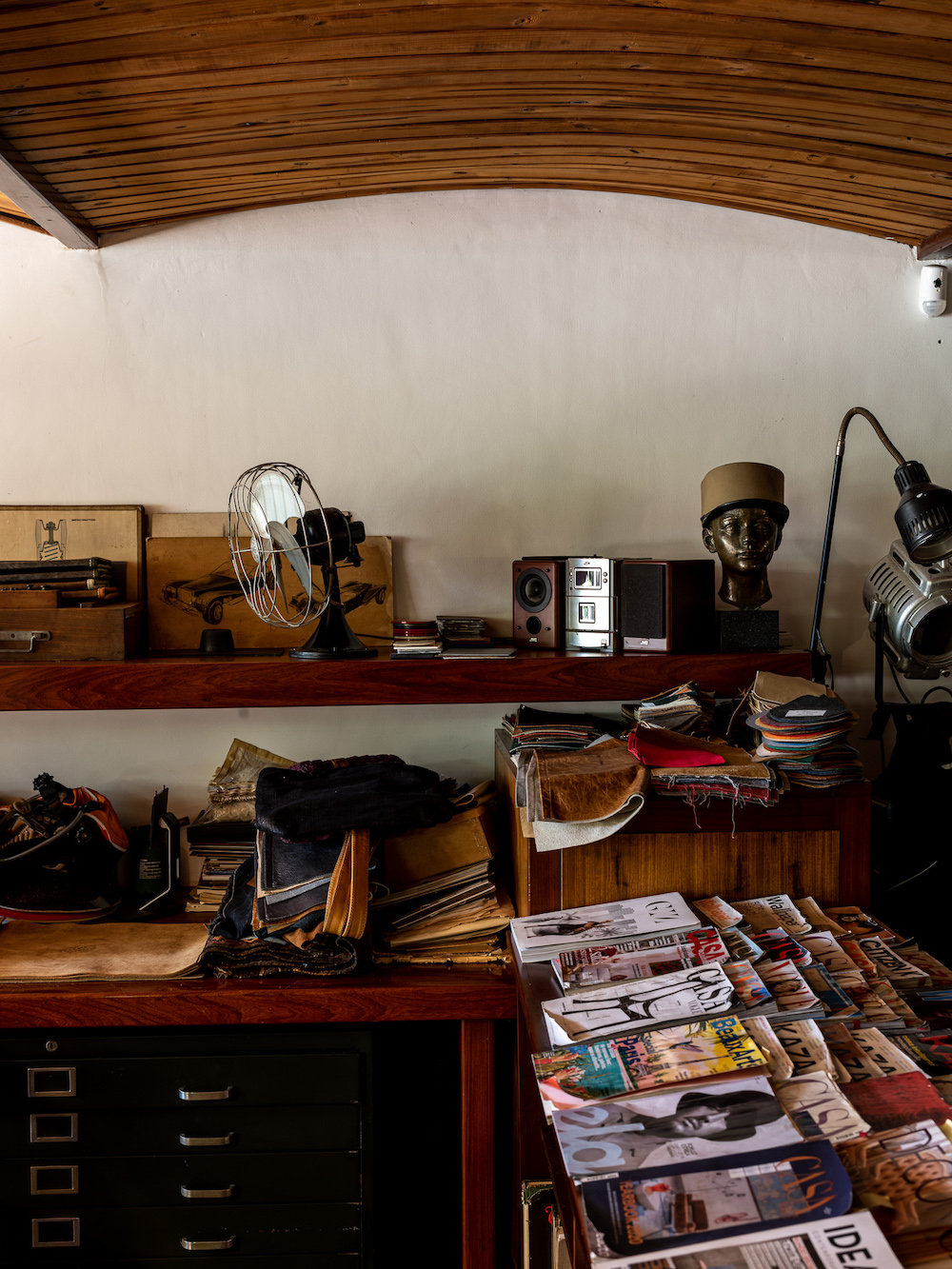
Ricardo Fasanello
In the name of authentic craftsmanship
Imagine a sofa made of three giant lying flat rolls of foam dressed with sumptuous leather and tied together by canvas straps where your whole body can sit elegantly and yet feel unbelievably comfortable: that is how the iconic FARDOS sofa by renowned Brazilian Modernist designer Ricardo Fasanello could be described.
Daring ergonomics meeting avant-gardist vision, FARDOS is probably Ricardo Fasanello’s most audacious, unconventional and innovative design which catapulted his career on the international scene in 1968, inviting his futuristics yet ageless designs into homes and museums around the globe. The beginning of a prolific path as a furniture designer for this self-taught man born in Sao Paulo in 1930, passionate about speed and race cars, whose love for mechanics and construction pushed the limits of Brazilian modernism.
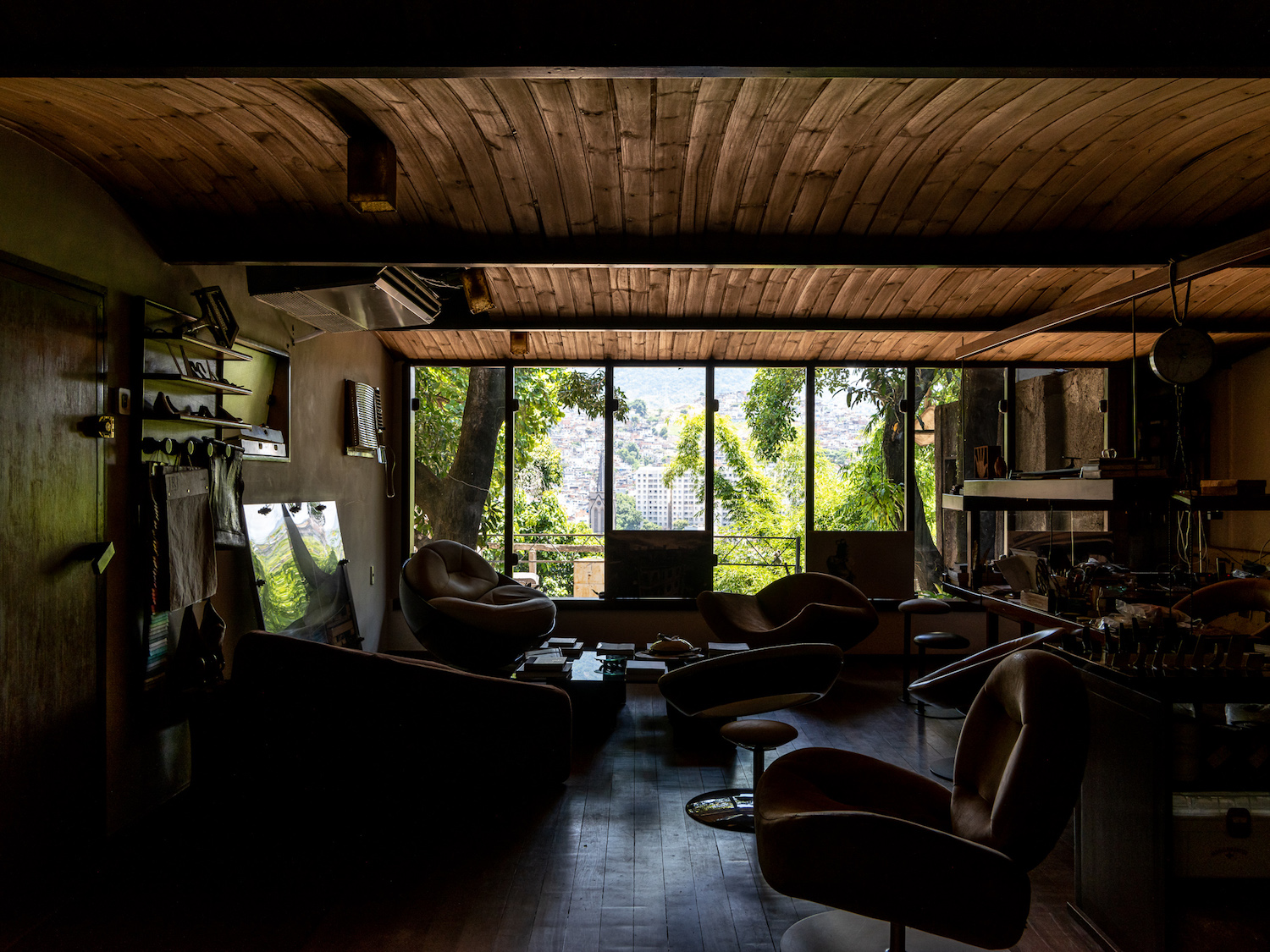
“My father was a maker. His very first atelier was at home, his sewing machine displayed in our living room. He loved to create, shape and construct things by hand, he rarely bought anything readymade: he had to investigate and conceive things by himself” recalls his daughter Andrea Tanovski Fasanello, head of sales & marketing at Atelier Ricardo Fasanello. In the 1960s, while some of his compatriots like Sergio Rodrigues or Zanine Caldas were focusing on Brazilian wood as the base material of their design philosophy, Fasanello used his love and knowledge of automotive fiberglass to try new things.
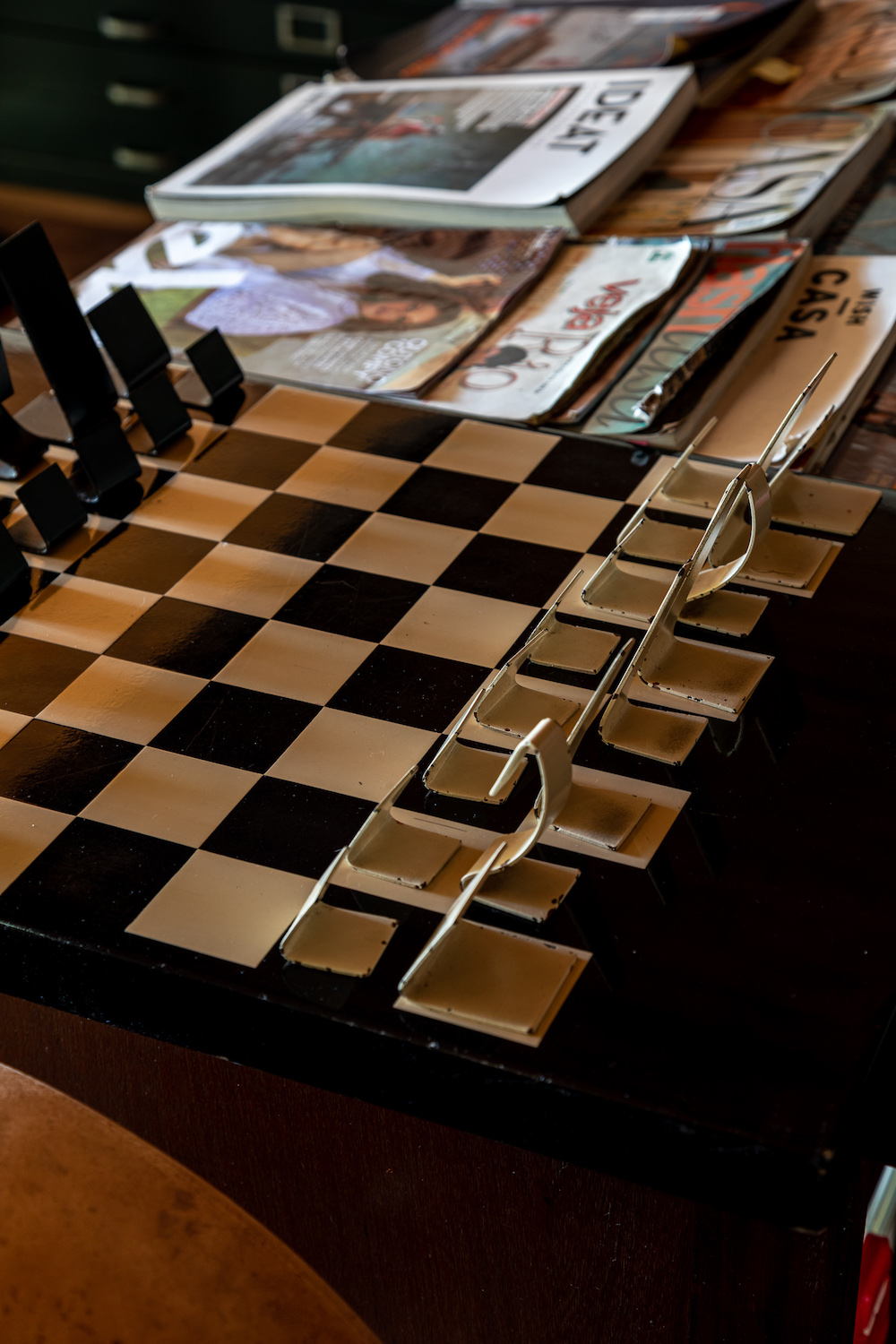
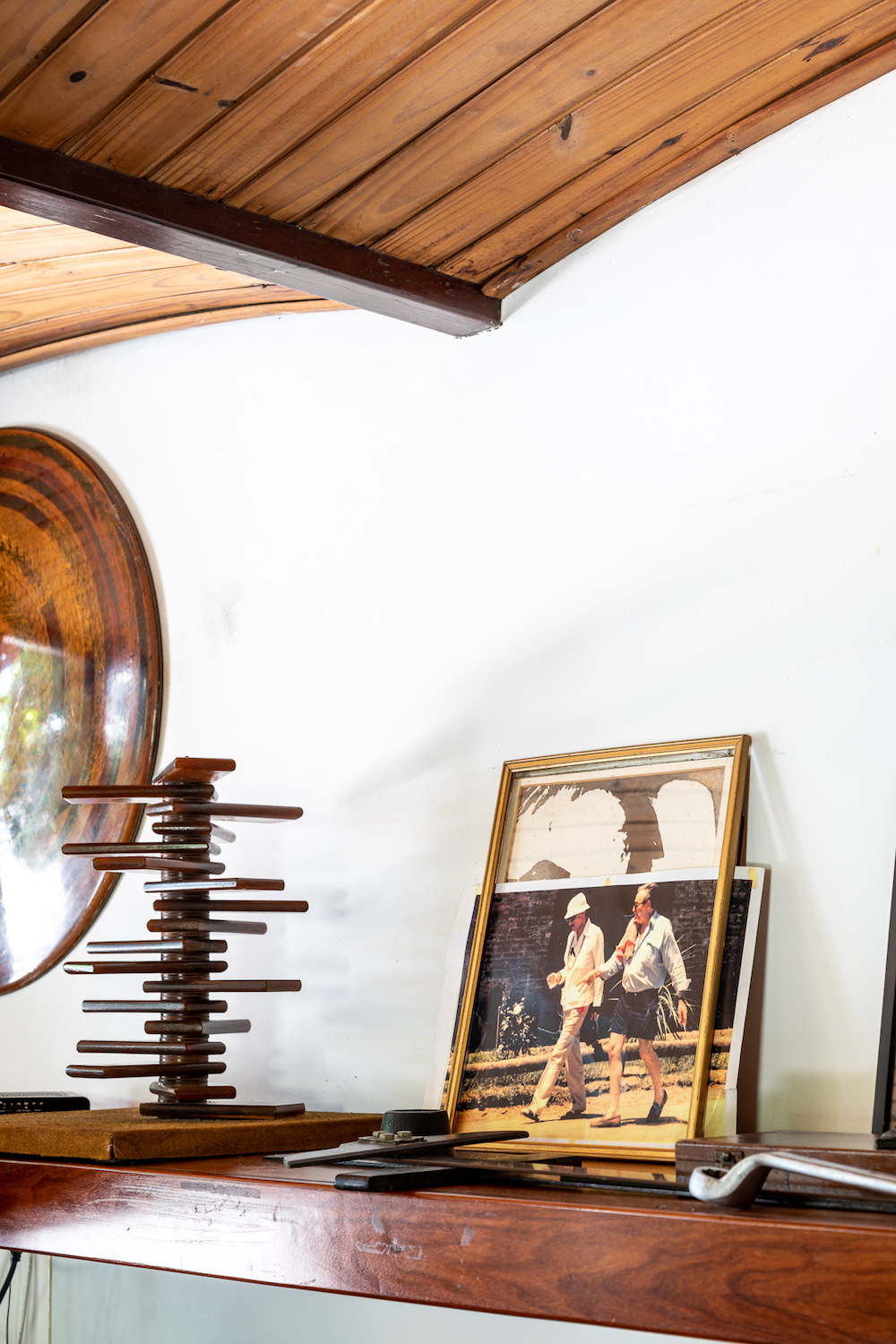
“My father used to design race cars when he was young so he was a pioneer into using polyester resins and fiberglass for furniture design, mixing these synthetics materials with wood, leather or metal and developing artisanal yet leading-edge construction techniques of his own” adds Andrea. A frenetic production that gave birth to some of the most iconic chairs of modern Brazilian design: ANEL, ESFERA or GAIVOTA, classics names which are now more than ever back in vogue due to their timeless elegance and highly desirable 70s style.
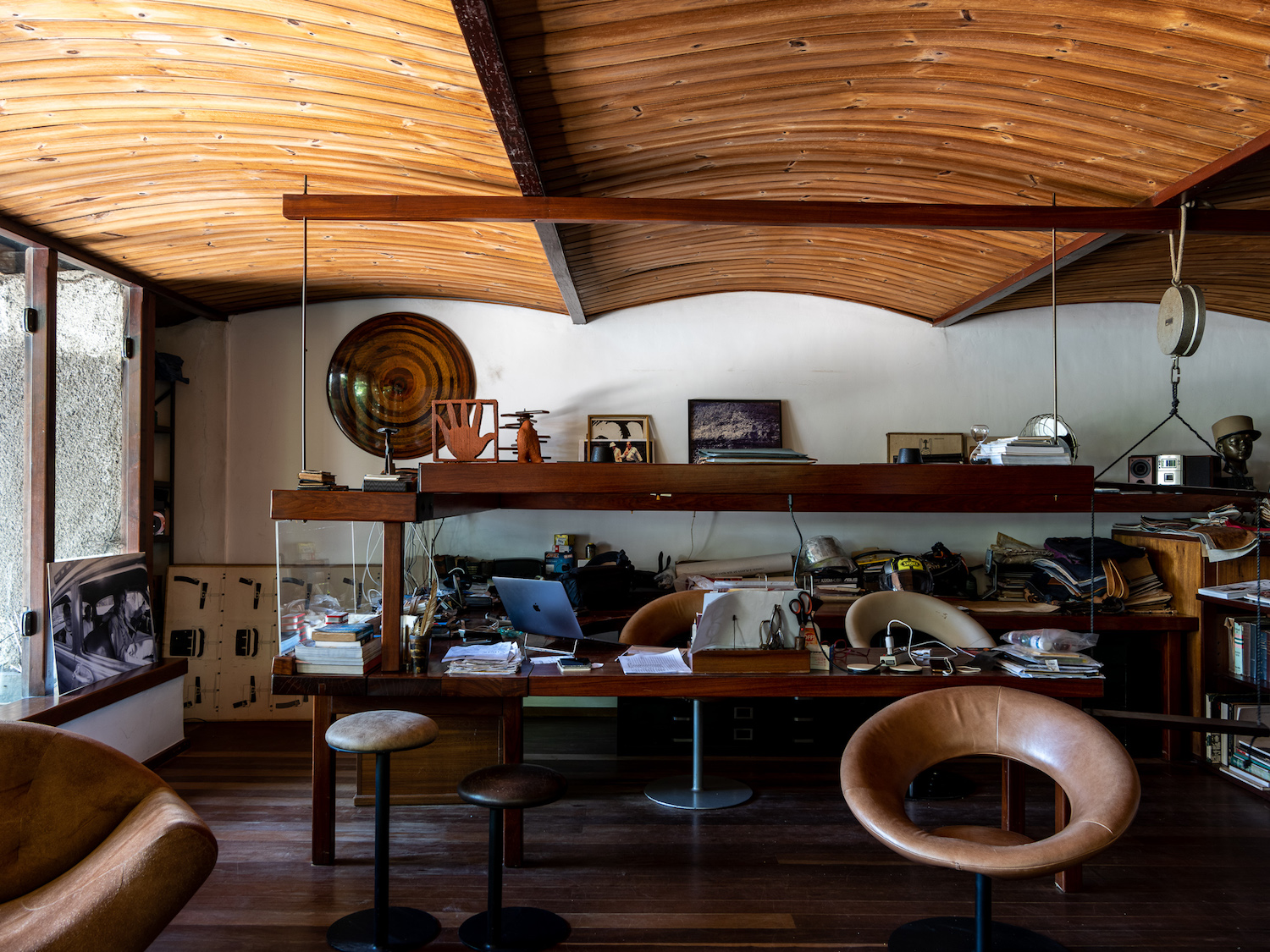
Fasanello’s free-spirited imagination was boosted by his genuinely artisanal creative process, constantly experimenting with materials and forms and testing new ways of doing things in his large atelier-workshop: an authentic design laboratory located in the heart of Santa Teresa, the bohemian artistic neighborhood of Rio de Janeiro. Hidden on a quiet street behind a large wood gate, the gorgeous bucolic space is made of a large loft that used to be Ricardo Fasanello’s desk : a minimalist space where beautiful dark wood prevails adorning floors, walls and ceiling as if you’d embark on a sailboat (Fasanello’s first design & maquette at age 14 happened to be a sailboat).
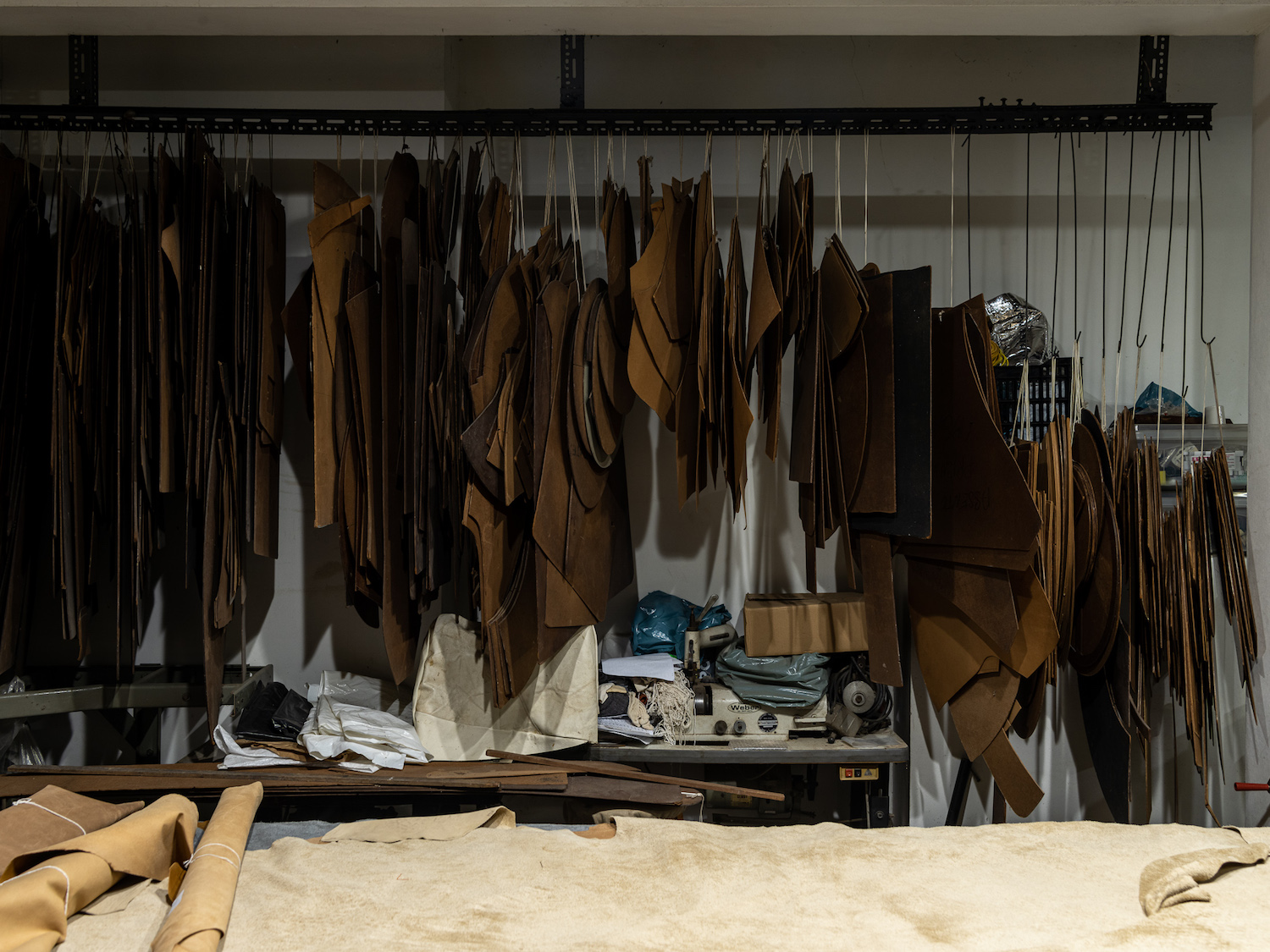
The space’s wooden atmosphere is nicely counterbalanced by the intense natural light pouring in from the giant glass windows overlooking the garden, with a typical morro (hilltop) in the background where a favela now anchors. When Fasanello passed away 1993, the loft turned into offices where clients and visitors are welcome on appointment by the Atelier’s team. Right underneath the serene loft, as you walk down an abrupt slope, this is where you truly step into the world of Fasanello: a huge workshop composed of several rooms and warehouses where the entire producing process is still being held on site by a small group of artisans, some of them working here for more than forty years.
This is the place where the magics happens, the very core of the Fasanello’s design approach as each and every chair here is being crafted, shaped, grinded, upholstered and assembled by hand. In the fiberglass room, a young artisan crafter is working on the emblematic gyratory turtle colored ESFERA armchair with its giant fiberglass shell – a chair that is part of the MoMA San Francisco’s collection. “We launched a capsule collection two years ago for our clients in Miami creating an exclusive ‘sand’ shade for this chair. We actually used some real sand with a fair blond tone very close to Copacabana beach’s white sand and our artisans incorporated it into the shell. The result is quite special as you can see the texture of the grains if you pay close attention” adds Andrea.
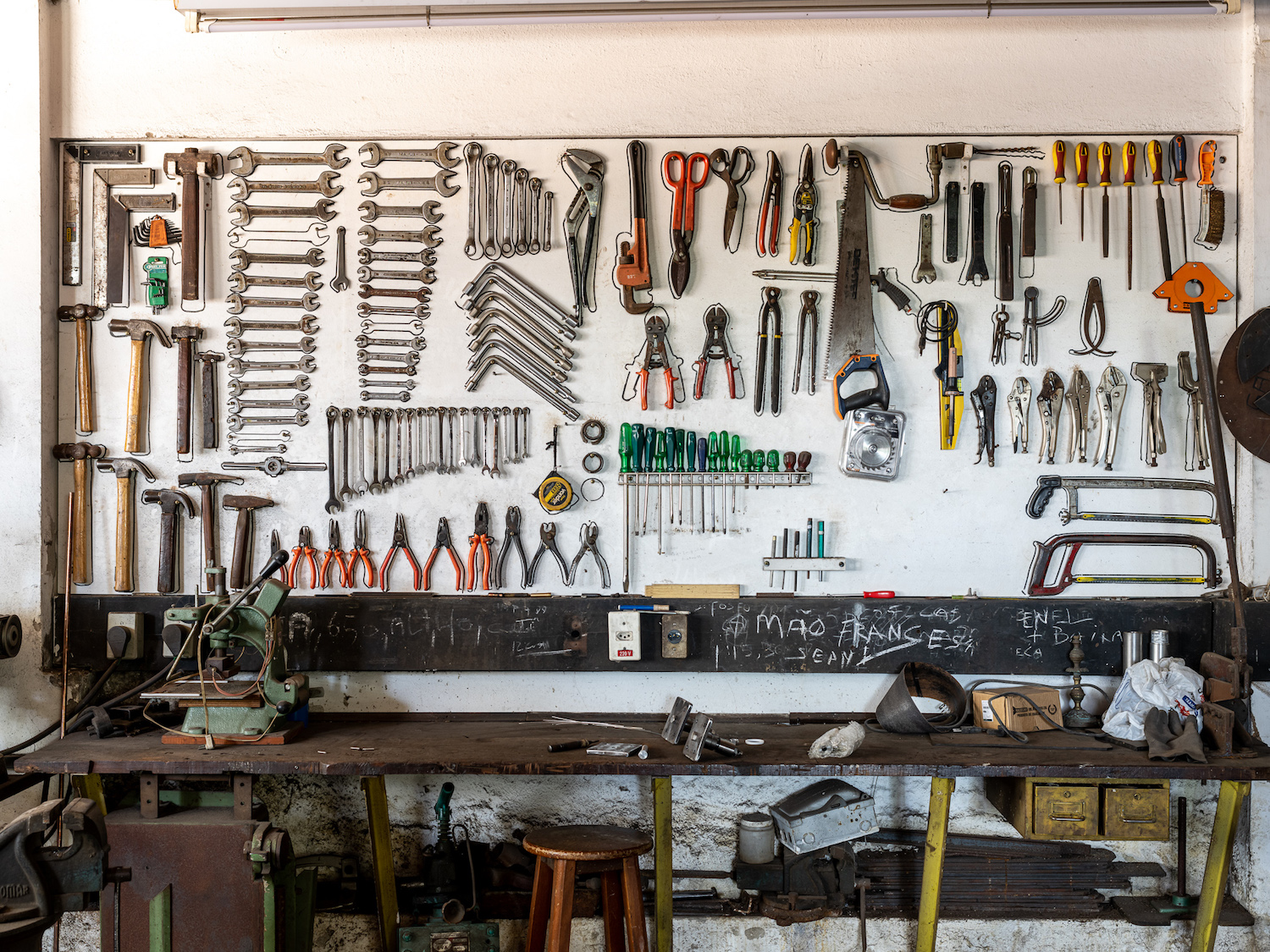
“There is a tendency to underestimate craftsmanship work here in Brazil”, adds Ricardo, Fasanello’s son who works hand in hand with his sister Andrea to perpetuate their father’s legacy. “Artisanal work is often mistakenly associated with amateur or poor quality work which is the exact opposite of what it really is: craftsmanship demands attention to detail, hard work, patience, experience and expertise. This has always been our father’s vision and values”, adds Ricardo who is in charge of the production at Atelier Ricardo Fasanello. Every single chair handcrafted here in Rio de Janeiro has its own certificate of authenticity, making it a unique piece of art encapsulating the best of Brazilian modernism: a mix of a casual aesthetic and sharp sophistication. And in these current troubled times of globalization and overconsumption, there is probably nothing more remarkable and at the same time reassuring than to witness such an authentic, consistent and meaningful design venture beating in the heart of Brazil’s “Marvelous City”.
